When it comes to proper tomato storage, conventional kitchen wisdom (and Alton Brown) state that tomatoes are best stored at room temperature—not in the refrigerator. Supposedly, refrigerated tomatoes develop a mealy texture and lose their flavor if they are exposed to cooler temperatures over time.
- Don't Miss: When to Throw Out Those Veggies in Your Fridge
However, it turns out this advice is a bit controversial: apparently, tomatoes are not always meant to reside solely on countertops. Read on to learn about when storing tomatoes in cooler temperatures is actually beneficial.
The Ideal Storage Temperature Dilemma
The Kitchn states that the ideal temperature to store tomatoes at is 55°F. Storage at anything lower than this temperature is known to cause a breakdown of the tomato's membrane and loss of flavor. And since a home refrigerator maintains a temperature of around 35-38°F, it is normally not recommended as a preferred storage space.

But storing the tomato at room temperature isn't exactly optimal, either: most folks' kitchen temperatures are around 70°F and can fluctuate greatly depending on the weather, if you're cooking, and other factors.
To Refrigerate or Not Refrigerate...
That is the question. However, the answer isn't so black and white.
For unripe tomatoes, the worst thing that you can do is put them in cooler temperatures because it halts the ripening process. In this case, it's best to follow the common knowledge that keeps these fruits out of the fridge and on the counter (in a cool spot, that is).
But for ripe tomatoes, the opposite is true: it is better to put them in the fridge to stop them from turning moldy and inedible, especially if it is a hot summer's day. As I mentioned earlier, kitchen temperatures can vary wildly, and the heat can hasten the spoiling of tomatoes.

- Don't Miss: How to Organize Your Fridge More Efficiently
This isn't a surprise, of course—refrigerators are meant to delay spoilage. But in the past, people have decried the fridge as acceptable storage for tomatoes because of its negative effect on the mealiness and flavor of the tomato flesh.
Thanks to Serious Eats and their multiple tests, however, we now know that the difference in flavor (when put up to a blind-taste test) is negligible, and at times even indistinguishable.
So, the real answer to the question of refrigerating tomatoes or not is it depends: it depends on the ripeness of the tomato. Thankfully, any refrigeration that does occur after the tomato reaches ripeness won't ruin their sweet flavor and juicy texture.
When Refrigerating Ripe Tomatoes
Yes, ripe tomatoes can be refrigerated without adverse effect. But it's important to know how to store and serve them correctly in order to ensure that their flavor isn't altered by the cooler temperatures.
- Make sure to place them either in the produce drawers or on the top shelf near the door, since this is where the warmest parts of the refrigerator are.
- If you do put your tomatoes in the fridge, let them come to room temperature before you consume them for the best flavor and consistency. This was crucial for the blind taste tests mentioned above.

- Don't Miss: How to Cut Tomatoes the Right Way
The Differences Between Tomato Varieties
Lastly, it is important to note that the type of ripe tomatoes you buy has a direct correlation to how well flavor and consistency will be preserved in the fridge.
According to another tomato storage study done by Serious Eats, ripe cherry tomatoes are a lot less likely to suffer from structural changes in cold temperatures than their larger counterparts because they are smaller and therefore have less flesh and seed-jelly to decompose.
So if you're unsure as to whether your smaller tomato varieties such as cherry or grape are ripe or not, it's okay—the effects on their structure and flavor will be much less pronounced.

The Joy of Fresh Tomatoes
Now that you know the answer to the counter versus refrigerator debate, you can confidently preserve the lifespan of your tomatoes, especially if it is a sweltering summer day.
Cheers to no more questionable moldy spots or grainy tomato flesh!
More Food Storage Hacks:
- How to Make Salad Greens Last Longer... Using Your Breath
- 10 Smart Storage Hacks for Your Small Kitchen
- Use a Binder Clip for This Quick & Easy Beer Storage Hack
- The Secret to Keeping Cut Avocados Fresher Longer
- How to Keep Cheese from Drying Out in Your Fridge
Photos by Julia Kitlinski-Hong/Food Hacks







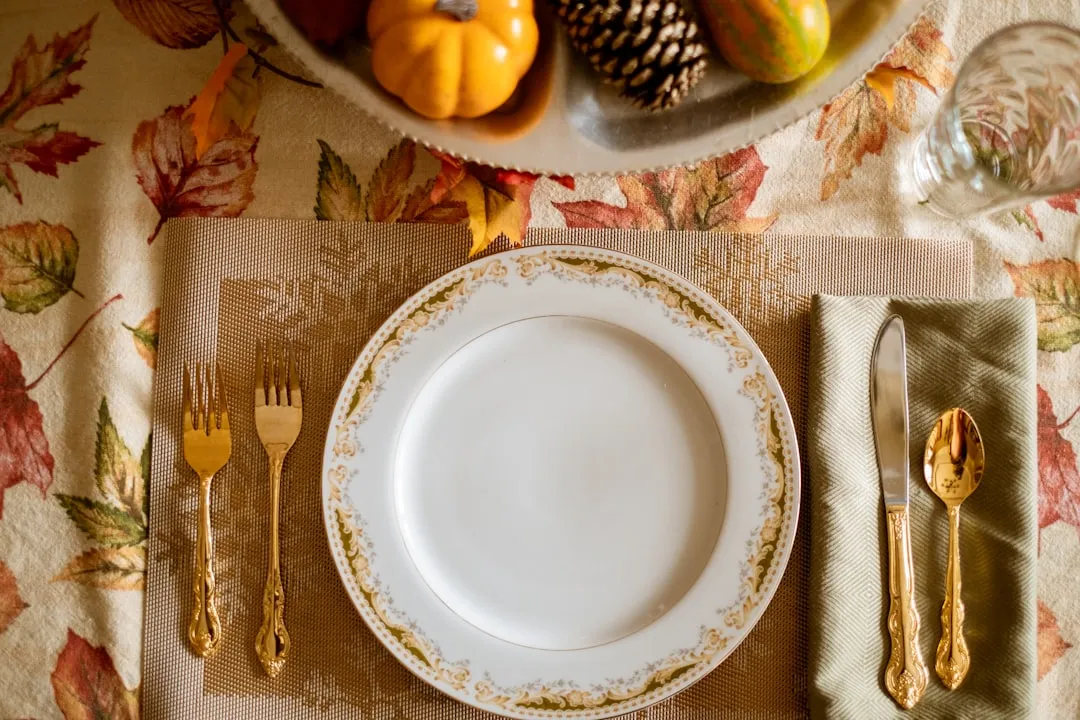








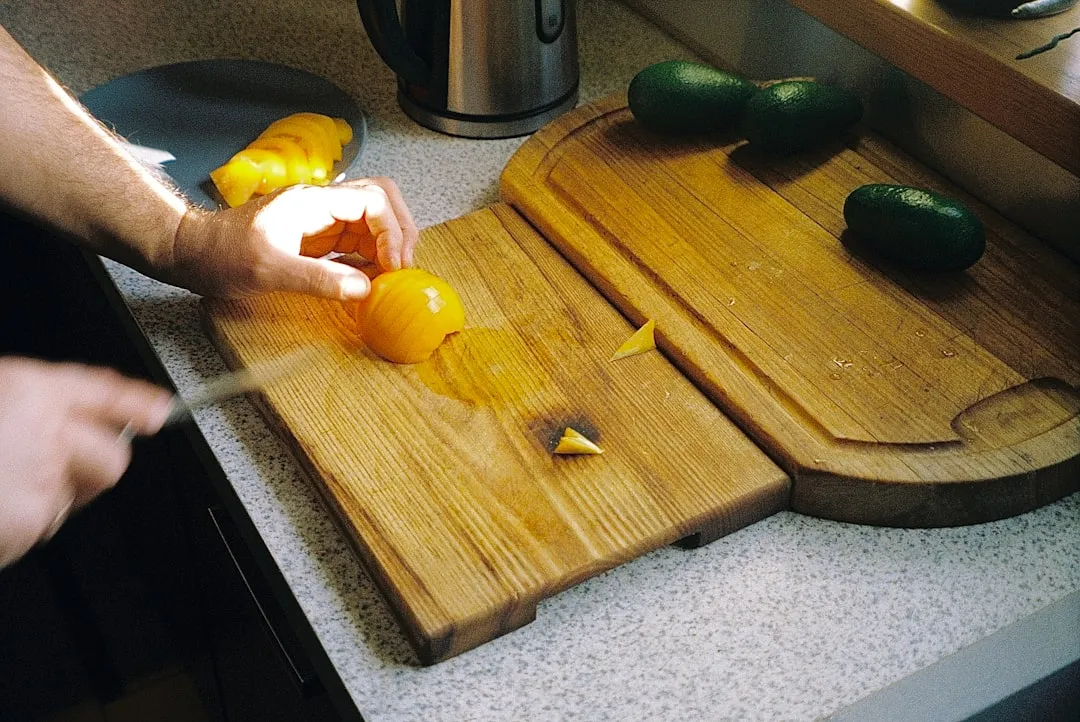

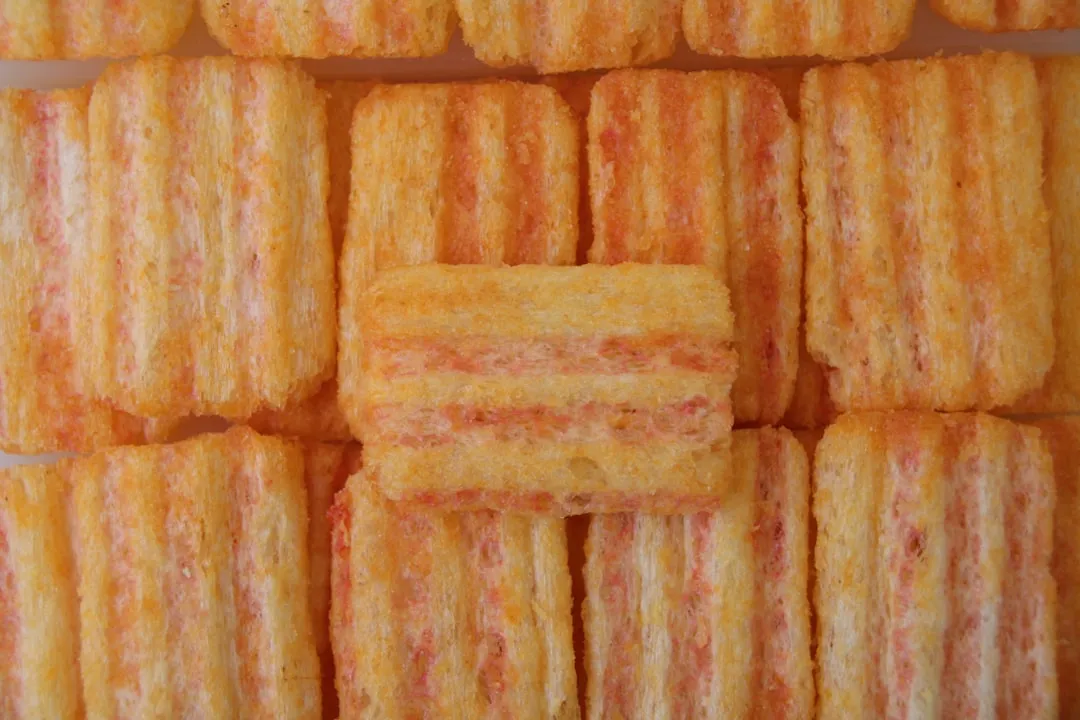
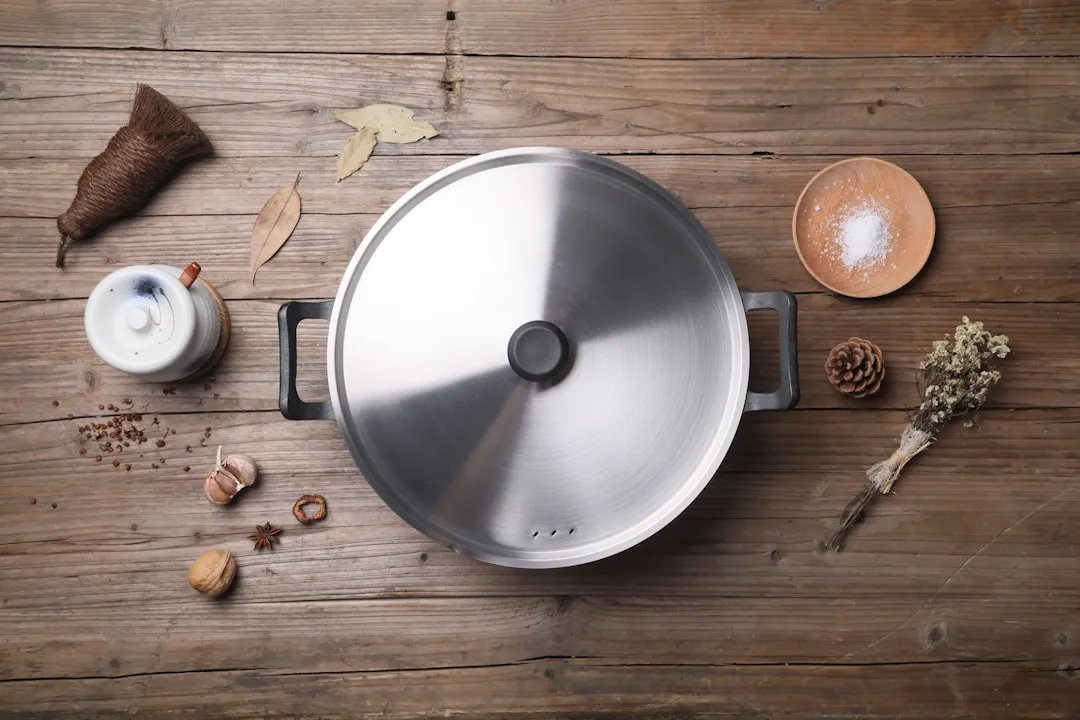



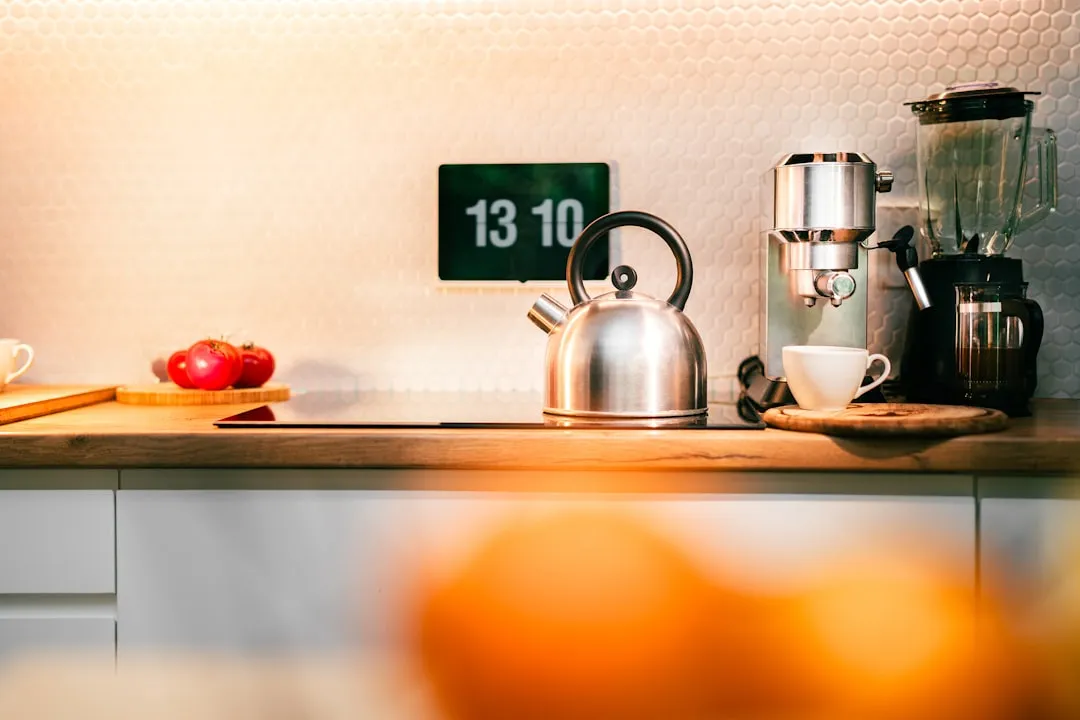
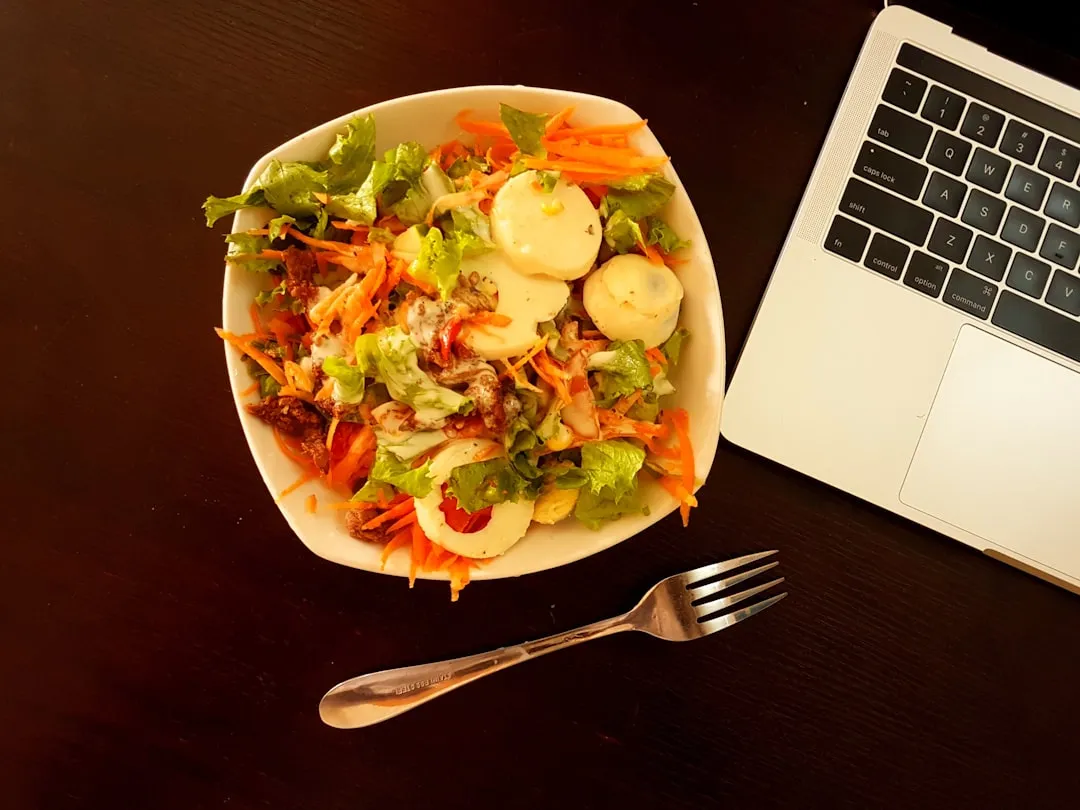
Comments
Be the first, drop a comment!